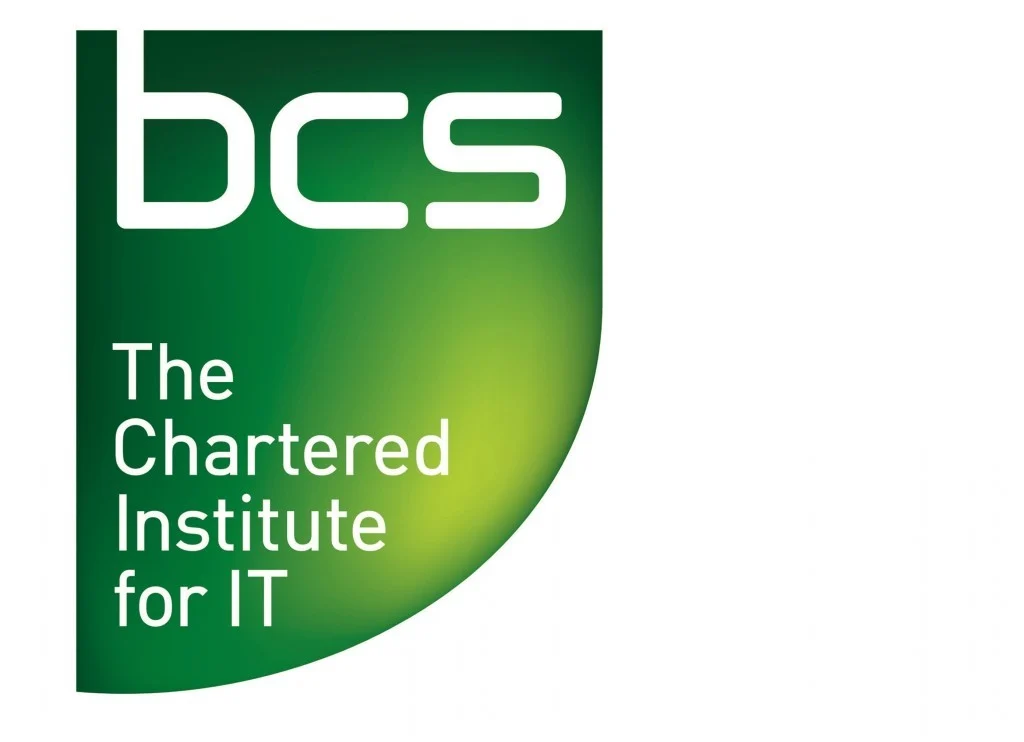Computer Science
Bachelors of Science Hons. Full Time
Enroll at the most updated, and futuristic course in one of the best BIT College in Kathmandu. Herald College adopts a unique and internationally applied teaching approach, L-T-W (Lecture, Tutorial and Workshop). The course aims to produce software developers who master the #NextGenTechs i.e. ABC (Artificial Intelligence, Big Data & Cloud Computing).






